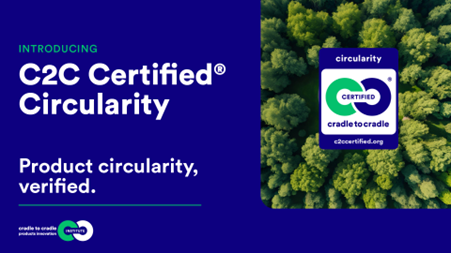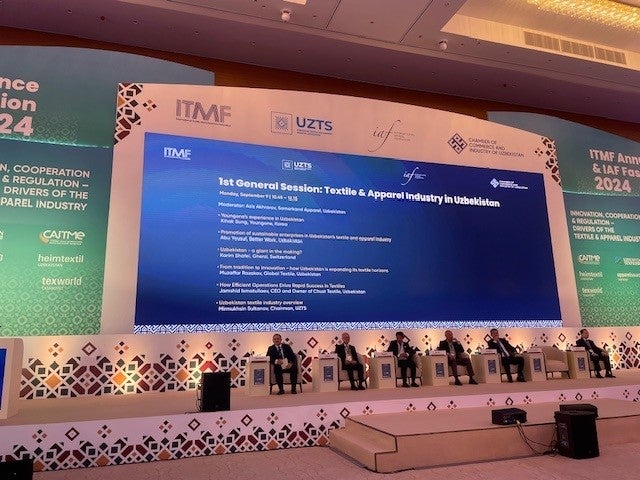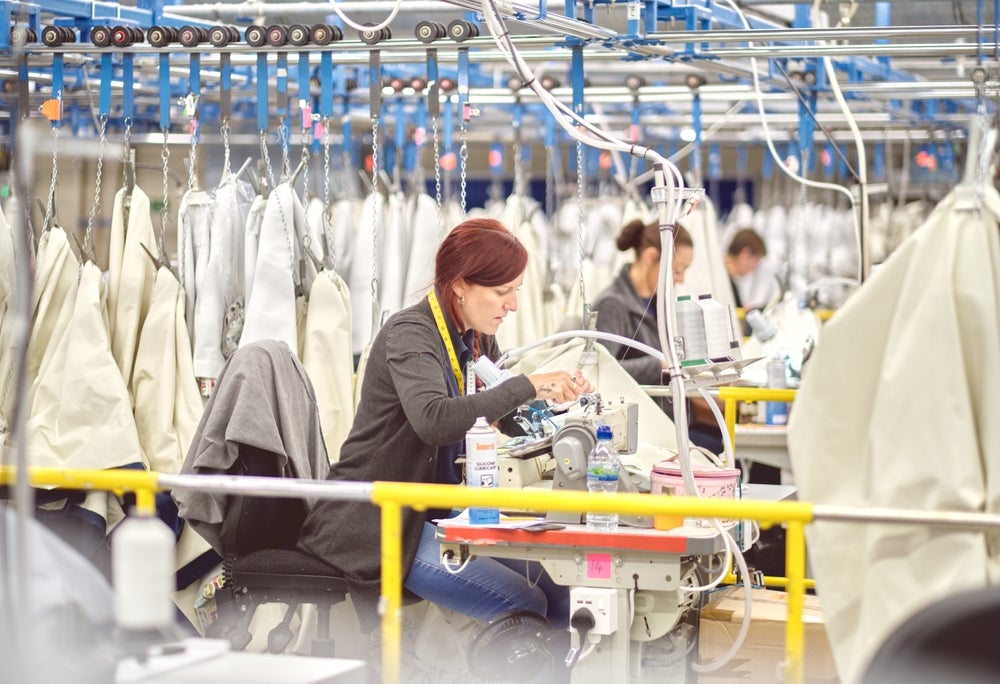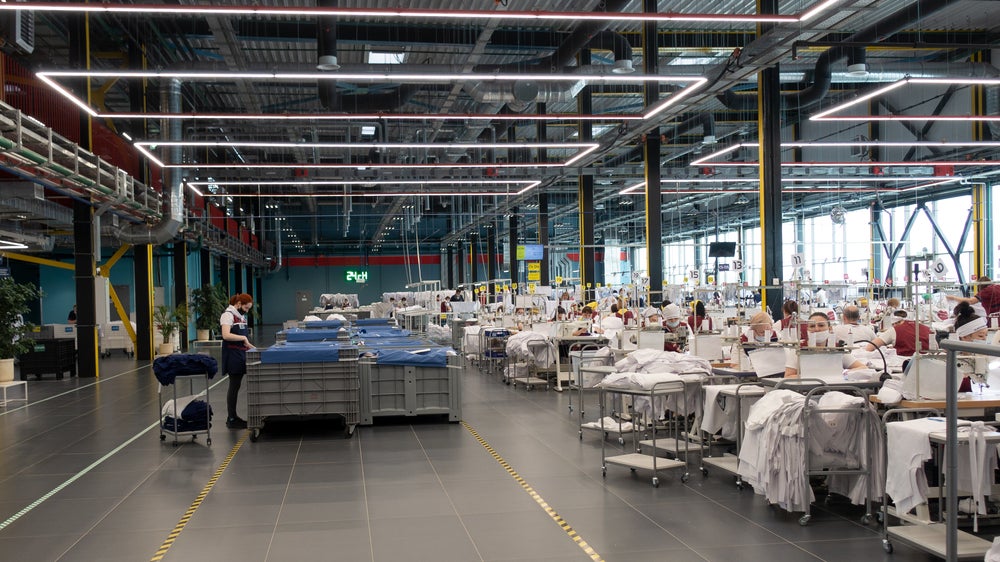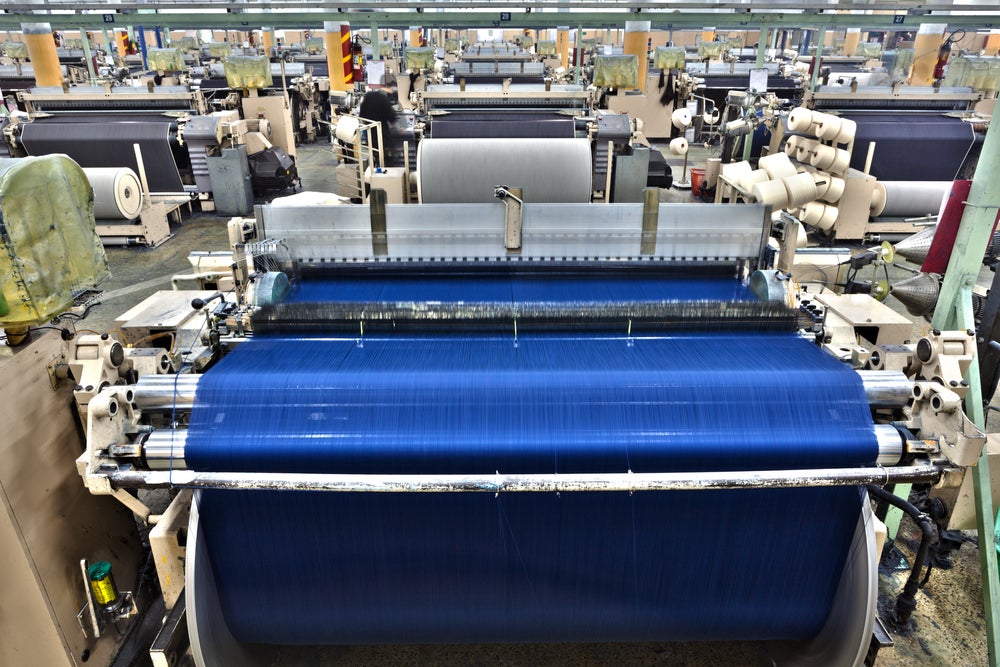The C2C Certified Circulation is designed to help businesses of all sizes optimise products for circular systems, which brings sustainability benefits such as reduced carbon emissions and waste, and improved air and soil quality.
Backed by third-party verification, the certification allows companies to showcase their leadership in circular economy practices while ensuring compliance with evolving regulatory standards.
The certification is based on the Cradle to Cradle Certified Version 4.1 standard, which provides measurable goals for circular product development, including design, sourcing, packaging, and material health.
Elwyn Grainger-Jones, executive director of the Institute, emphasised the growing urgency for circularity, stating that the certification will aid companies in creating verified circular products trusted by consumers.
“As we continue to exceed critical planetary boundaries, the need for circularity in product design is more urgent than ever,” added Grainger-Jones.
The requirements for C2C Certified Circularity focus on Product Circularity, one of the five core categories of the Cradle to Cradle Certified framework. These requirements are structured around three key areas: circular sourcing, circular design, and circular systems.
This comprehensive approach ensures that products are intentionally designed for their next use and actively cycled within their intended pathways, such as reuse and/or recycling paths– decoupling value creation from carbon emissions, turning waste into resources, and increasing long-term resilience.
The certification aligns with both EU and US regulations, staying ahead of requirements such as the EU's Ecodesign for Sustainable Products Regulation (ESPR) and the US’s Extended Producer Responsibility (EPR)policies whilst helping companies set up for the Digital Product Passport (DPP).
“As companies navigate the emerging landscape of EU regulations, this new certification helps set them up for both compliance and innovation,” said Christine Lemaitre, CEO of DGNB (German Sustainable Building Council) and chair of the board of directors at the Cradle to Cradle Products Innovation Institute.
By leveraging the globally recognised Cradle to Cradle Certified standard, C2C Certified Circularity the company describes them as providing an accessible pathway for businesses of all sizes to adopt circular practices, fostering innovation in product design for a sustainable future.
Rives Taylor, principal and director of Gensler Research Institute Resilience Centre, and board member of the Cradle to Cradle Products Innovation Institute commented: “C2C Certified Circularity will scale up availability of products for our projects which, as articulated in Gensler’s Product Sustainability Standards, drive healthier, lower-carbon, and more sustainable materials in the built environment.”


